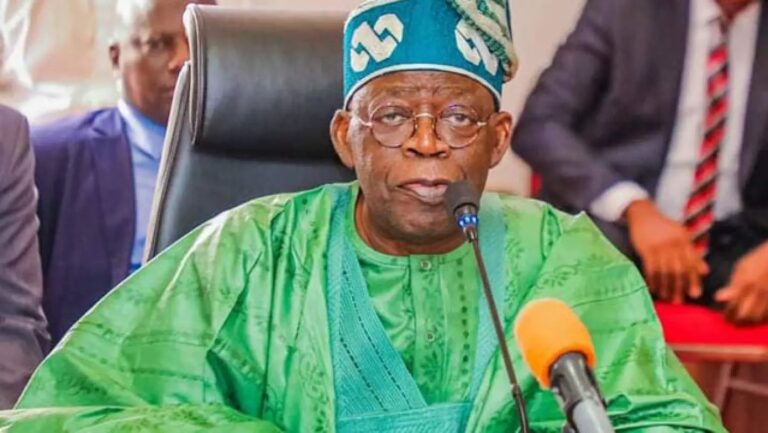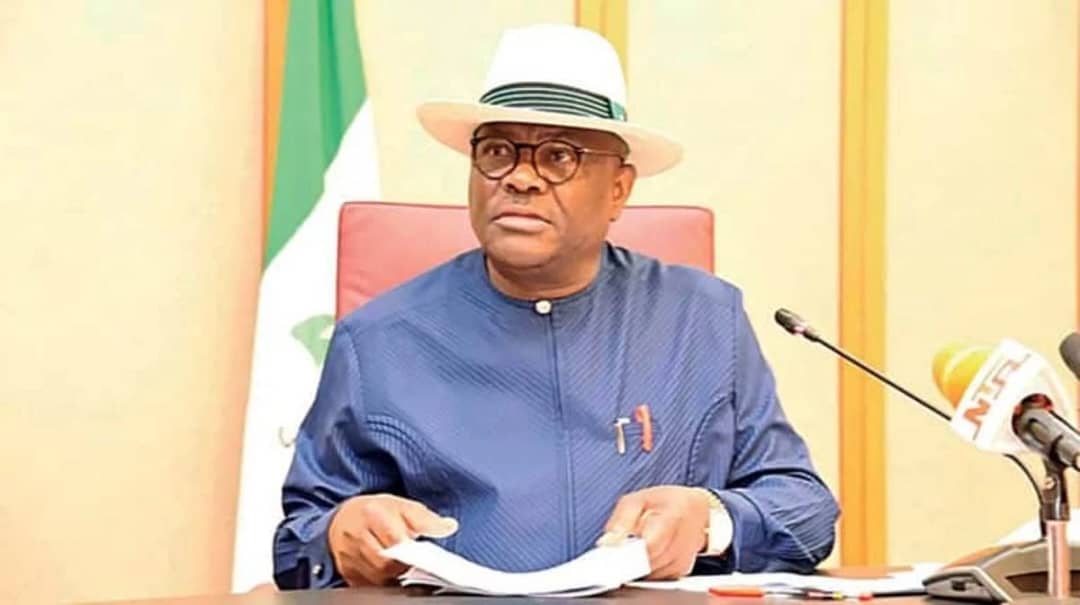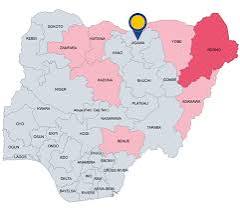As part of measures to stem the tide of taxi robberies otherwise known as ‘one Chance’, the Federal Capital Territory Administration FCTA has said it would soon begin the recertification of all taxis as well as ride-hailing services like Uber and Bolt.
Minister of the Federal Capital Territory FCT, Nyesom Wike disclosed this at a media interface in Abuja.
Often posing as taxi operators, armed robbers and ‘itinerant kidnappers’ use taxis to abduct passengers, rob them and sometimes kill them. The miscreants had on few occasions reportedly held their victims for hours, demanding ransoms from their relatives.
Noting that crime may not be completed eliminated in any state or country, Wike said what is important is to make sure that proactive steps are taking against their occurrences or that when they do occur, the perpetrators are either arrested or the people protected.
He said; “On one chance, remember there was a time it was an issue in this city. We were able to bring it down.
“What we are trying to do now which we did not do in December but which we think we can achieve by this February is we are not going to allow vehicles without FCT colours, that is, not registered by the FCTA to operate commercially. In that way, you know the driver is approved and his vehicle is approved by the FCTA so that as a passenger you don’t take the risk of going to board a vehicle that you don’t even know”.
Asked whether the policy would apply to ride-hailing services like Uber and Bolt, the minister said; “They would have to be registered too”.
“It tells you who the drivers are. We need to certify them. We need to profile then using the security agencies. This is a city. If we don’t have rules, it will be a problem”.
The minister who expressed surprise that a world-class capital city like Abuja does not have a single loading terminal, said in this fiasco year, he hopes to establish at least three of such terminals.
“I am surprised to note that a city like this does not have a loading terminal that takes charge of that. You know the drivers and vehicles that you are boarding. But now everybody is just on the road.
“What we are trying to do by the grace of God in this fiscal year is to start with three terminals so that we know the buses and taxis from such terminals. Nobody would take the risk of going to the road to wait for taxis. If you do that, we will be able to reduce crime.
“I am not saying that with the provision of all these that you won’t have one or two crimes. No, it is not possible to eliminate crimes completely but you can reduce it drastically”, he stated.
On kidnapping, he said his Administration has concluded plans to strengthen collaboration with the four contiguous states of Kogi, Nasarawa, Kaduna and Niger.
“Series of election petitions took the time of governors and many politicians, but now that most of the petitions have been settled, we will be having our first meeting next week.
“FCT will host the four states to fully implement the cooperation. If we don’t do that, it is going to be difficult.
“We need the support of Nasarawa state, Kogi state; we need the support of Niger state and Kaduna state. We need to work majorly with Kaduna state and Niger.
“There is no day or week you will not hear that bandits attacked residents in Niger, bandits struck in Kaduna, and when that happens, where do they go to They go to the forests bordering FCT and the neighbouring states.
“We will look at what will work between FCT and Kogi, we will look at what will work with Niger and of course Kaduna state.
“Are we going to form a joint security outfit or just sharing intelligence? It will also mean that not only FCT will be providing the needed logistics support and all that, but also the affected states, to fight crime.
“We will not just come together to have a meeting, no, there must be practical steps taken to reduce crime,” he added.
Stiffer penalties
The Minister also advocated stringent laws to deter criminalities in the territory.
He said that currently, criminals were vandalizing solar powered street lights in the FCT, adding however, that the penalty when caught is N30,000 or even less.
“What I am saying is that legislations should be put in place where it will no longer be easy for criminals to operate. If you are caught and the penalty is heavy, it gives you an option not to either participate in crime or pay a heavy penalty when caught.
If for example you are caught and the penalty is N10 million, how many people can afford to pay N10 million for just one solar panel? So, that will be a deterrent.
“This is why the legislators need to amend the laws and not to give a loophole where criminals will capitalize on and continue to perpetuate crime,” he said.























 You can install this WP plugin on your website from the WordPress official website:
You can install this WP plugin on your website from the WordPress official website: 